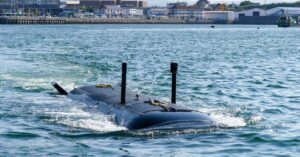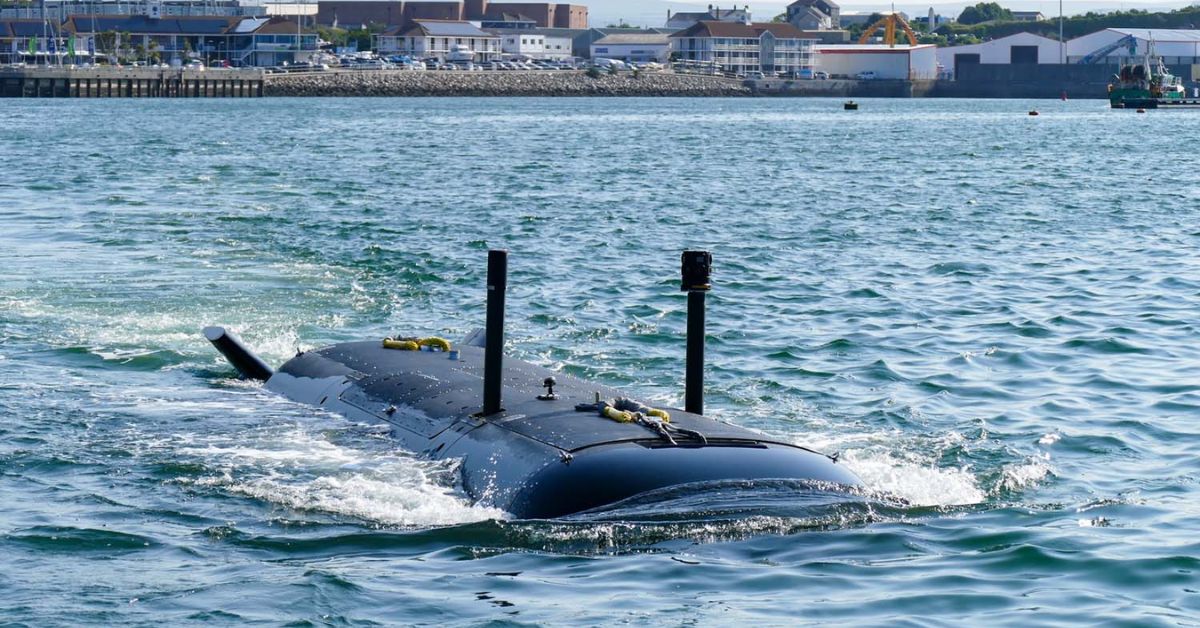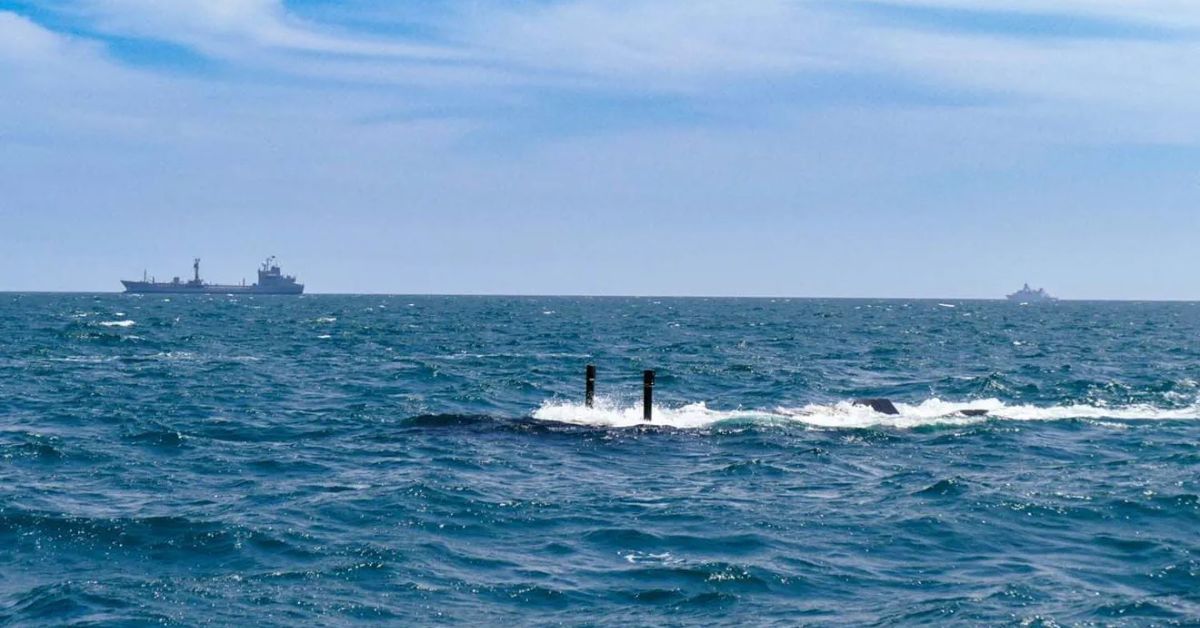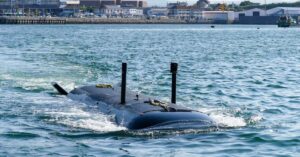
Massive Fire Erupts On Cruise Ship Carrying Over 200 Tourists On River Nile In Egypt
October 30, 2025
U.S. Senators Demand Legal Justification For Attacks On Boats That Killed At Least 60
October 30, 2025

The Royal Navy has completed a landmark sea trial after successfully deploying a quantum optical atomic clock aboard an uncrewed submarine, marking the first time such technology has been operated underwater.
The trial saw Infleqtion’s Tiqker quantum optical atomic clock installed on the XV Excalibur, a testbed extra-large uncrewed underwater vessel (XLUUV) built by MSubs.
The experiment was carried out in partnership with the Submarine Delivery Agency’s Autonomy Unit, with the aim of assessing how quantum timing systems could enhance submarine navigation and endurance.
Unlike surface vessels, submarines cannot rely entirely on GPS for navigation. Traditional microwave-based clocks, while stable, tend to drift over time, reducing accuracy.
The Tiqker system, based on quantum technology, offers a breakthrough solution by providing extremely accurate and stable timing without depending on external signals. This allows submarines to stay submerged and hidden for longer periods, maintaining their covert operational advantage.
A Royal Navy representative from the Underwater Battlespace Capability division described the trial as an important step in developing next-generation uncrewed underwater vehicles.

Another official from the Disruptive Capabilities and Technologies Office (DCTO) said that testing the Tiqker clock onboard Excalibur was a crucial early step toward understanding how quantum clocks can be used for precision navigation and timing (PNT).
The official added that the Navy plans to continue experimenting with quantum-based systems to deliver operational advantages in future missions.
The Royal Navy aims to bring more advanced technologies such as autonomous systems, artificial intelligence, and quantum navigation into its front-line operations to strengthen fleet capabilities.
By placing a compact optical atomic clock with laboratory-grade precision directly aboard a submarine, the trial proved Tiqker’s ability to deliver a reliable and steady “time heartbeat”.
This function helps reduce the navigational drift that typically occurs during long underwater missions, enabling submarines to remain accurate, covert, and submerged for longer.
The system also provides a precise timing reference for other key onboard systems, including sonar, fire control, and secure communications, all vital for mission performance.
During the trial, Tiqker operated successfully through multiple dives, confirming its durability and performance under real-world conditions.
Reference: Royal Navy
Source: Maritime Shipping News


